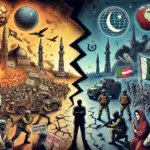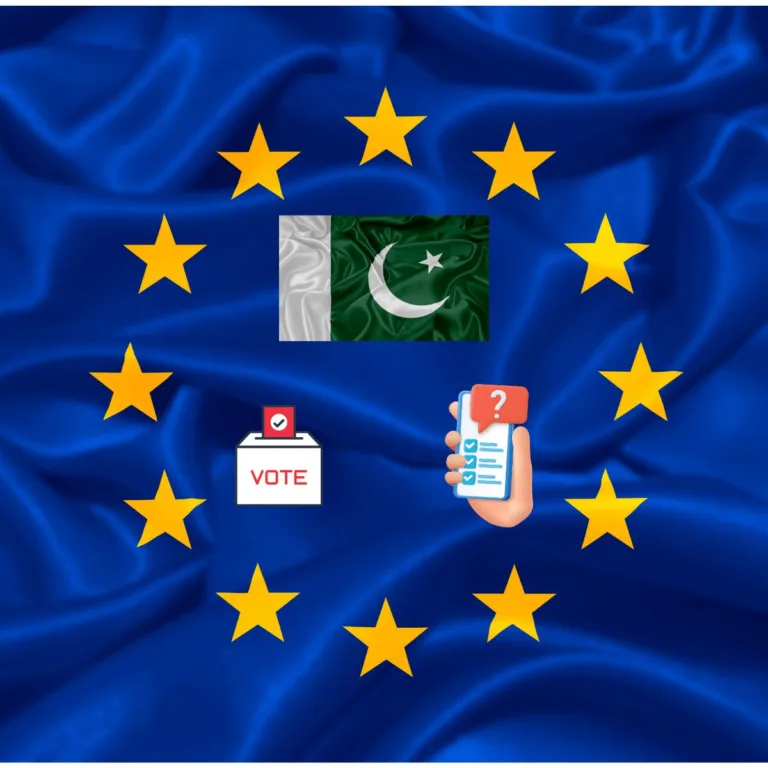On 20th July, in an open seminar headed by my thesis committee, I presented my research proposal. The proposal defence is a process that we (post-graduate students) were told is just something everyone goes through, a merry statement that perhaps downplays the and must pass aspect of the process. After much deliberation however, I am now a PhD Candidate and quite keen to get on with field work and collecting data for the various parts of this project. Here I present the working title and abstract of my thesis proposal:
Title
Investigating increasing media sensibilities of protests in Pakistan: Dharnas in the electronic media age.
Abstract
This project explores and explains the consequences of increasing media sensibilities on mobilization strategies of protests in Pakistan. The dominant literature on contentious collective action emphasizes the role of communication, with an increasing focus on new media technology. Among scholars interested in the relationship between media and protest, the internet captures the most attention. There are relatively few studies on the role of 24-hour news television, which in some societies is the most game-changing “new media”. In many parts of the world, a commercial and plural television news media are not much older than the public internet, and much more powerful.
This thesis will address the gap by examining how changing media have affected protest movements in Pakistan. It will study Dharnas (protest sit-ins) organized by a major opposition party, comparing how recent protests have changed since the 1990s, which was a period that predates both the internet and commercial news channels in Pakistan. The year 2003 is chosen as a pivotal year as privatization policies formally came in to effect and the government started to issue news television licenses on a commercial basis.
It applies the political process model from social movement studies, which is a well-established framework for explaining how contentious collective action adapts to the political environment and resource availability. The framework gives due regard to the importance of media to movement organizers. Further, this thesis will apply the concept of ‘media logic’ borrowed from the theory of mediatization of politics. According to this theory, media are institutions with a logic that other institutions must adapt to in order to be successful in societies where much of social life, including politics, takes place through media.
The thesis will show that Dharnas, a traditional form of public event, remain extremely relevant to Pakistan’s organizers of contentious collective action, but that they have been transformed by mediatization. It will also show that, in this transformation, television has been more impactful than the internet. It will reveal in detail how the media logic of commercial news channels has shaped the modern Dharna. It will also explore how protest organizers have adapted to the internet that plays a limited albeit a particular role. The study will contribute to media studies’ understanding of how protest activity in semi-democracies is shaped by media pluralisation in the form of television and the internet.










